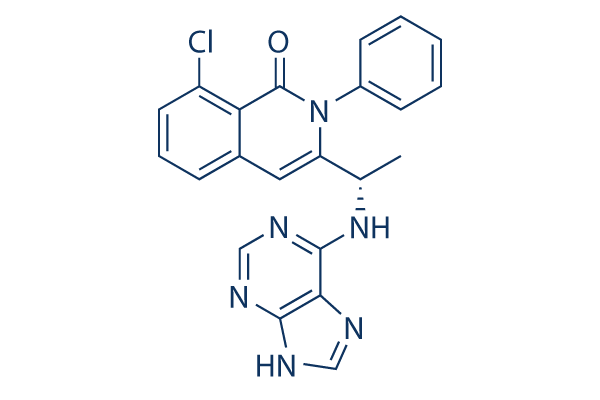analyzed FLICE inhibitory protein and TRAIL receptors in 476 CRC of all Stage groups. Overexpression of FLIPL, but not TRAIL R1 or TRAIL R2, was an independent prog nostic element for shorter sickness absolutely free survival. In an try to make clear these conflicting outcomes of TRAIL and its professional apoptotic receptors in CRC, we give the fol lowing explanations. a distinctions and heterogeneity in samples studied. sample dimension, ethnic differences, various Stage groups, tumor web-site colon or rectal tumors, form of therapy surgical treatment and or chemo radiotherapy. b vary ences in scoring system can be one more significant informative post rea son for this big difference. The varied results of TRAIL signaling may very well be also attributed towards the following fac tors.
TRAIL resistance as a result of presence of decoy recep tors, quantity, type and functionality of TRAIL receptors and intracellular anti apoptotic molecules like c FLIP, IAP, Mcl 1 and bcl2, Despite the fact that TRAIL R1 misplaced its statistical significance when incorporated like a prognostic marker in multivariate discover this info here analysis with p27 and KRAS4A, this doesn’t argue against the biological purpose of TRAIL R1 in CRC around it displays that p27 and KRAS4A certainly are a far more strong predictor of clinical out come of CRC than TRAIL R1 expression. We will hypothesize the TRAIL R1 functions most effec tively inside the cells which demonstrate co expression of p27kip1 in concordance with an earlier study, Despite some scientific studies that demonstrate a role of Ras signaling pathway in modulating the TRAIL process, studies to the KRAS iso forms KRAS4A and KRAS 4B are lacking.
Alternate approaches to modulate the expression of KRAS iso types, a better comprehending with the position that every oncoprotein plays in malignant transformation, includ ing the signal transduction pathways impacted, is crucial from the growth of therapeutic approaches in cancer treatment, which involve the use of  medication that target isoform unique submit translational modifications and of antisense oligonucleotides to modulate alternative splicing, Oncogenic mutations such as ras may possibly boost expres sion of TRAIL receptors. potentially sensitizing these tumors to TRAIL based therapies, TRAIL based mostly therapeutic tactics utilizing TRAIL agonists could possibly be used in scenarios of human colon cancers bearing RAS mutations. Within a smaller cohort of 51 CRC, Oikonomou E et al. have reported a substantially decrease incidence of KRASG12 13 mutations and also have concluded that there’s clear correlation involving these mutations and upregulation of TRAIL R1 and TRAIL R2. Despite lack of statistical significance they’ve con cluded that CRC with mutations in KRAS or BRAF gene had drastically upregulated the two TRAIL death recep tors. In our earlier examine KRAS gene mutations have been witnessed in 80 285 CRC and were an indepen dent prognostic marker for bad survival.
medication that target isoform unique submit translational modifications and of antisense oligonucleotides to modulate alternative splicing, Oncogenic mutations such as ras may possibly boost expres sion of TRAIL receptors. potentially sensitizing these tumors to TRAIL based therapies, TRAIL based mostly therapeutic tactics utilizing TRAIL agonists could possibly be used in scenarios of human colon cancers bearing RAS mutations. Within a smaller cohort of 51 CRC, Oikonomou E et al. have reported a substantially decrease incidence of KRASG12 13 mutations and also have concluded that there’s clear correlation involving these mutations and upregulation of TRAIL R1 and TRAIL R2. Despite lack of statistical significance they’ve con cluded that CRC with mutations in KRAS or BRAF gene had drastically upregulated the two TRAIL death recep tors. In our earlier examine KRAS gene mutations have been witnessed in 80 285 CRC and were an indepen dent prognostic marker for bad survival.
Inhibitor Libraries
Biotechnology is the use of cells or organisms to develop products for humans.
